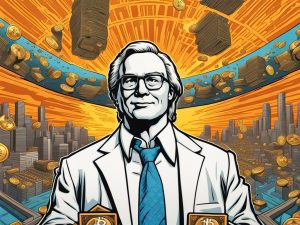The Fahey/Klein Gallery Presents AI-Generated Poems Based on Allen Ginsberg’s Work
The Fahey/Klein Gallery in Los Angeles is showcasing a collection of AI-generated poems inspired by the literary archive of American poet Allen Ginsberg. Supported by Ginsberg’s estate and developed in collaboration with TheVERSEverse and the Tezos Foundation, the exhibition combines photography from Ginsberg’s collection with poems generated by an AI trained on his body of work. The AI-powered camera used in the project translates visual imagery into text, creating poetic responses influenced by Ginsberg’s canon and his presence in the digital realm. The collaboration aims to celebrate Ginsberg’s experimental spirit and engage with his visual and poetic language using contemporary AI technology. The use of AI in the art world has grown recently, with tools like Midjourney and ChatGPT assisting artists in various disciplines, though concerns of misappropriation have been raised.
Key Points:
– The Fahey/Klein Gallery is previewing an exhibition featuring AI-generated poems based on Allen Ginsberg’s literary archive.
– The exhibition combines photographs from Ginsberg’s collection with poems created using an AI trained on his work.
– The AI-powered camera translates visual imagery into text, generating responses influenced by Ginsberg’s canon and his online presence.
– The collaboration aims to honor Ginsberg’s experimental impulses and engage with his visual and poetic language in a contemporary way.
– The use of AI in the art world has expanded, but concerns about misappropriation and proper credit have been raised.
Hot Take:
The collaboration between the Fahey/Klein Gallery, TheVERSEverse, and the Tezos Foundation presents an intriguing exploration of how AI can be used to extend the artistic legacy of renowned poets like Allen Ginsberg. By translating visual imagery into poetic responses, the project not only celebrates Ginsberg’s experimental spirit but also pushes the boundaries of what AI can accomplish in the creative realm. However, it is important to address concerns surrounding proper credit and the potential for misappropriation of AI-generated works. As AI continues to evolve, it is crucial to ensure that artists are recognized and acknowledged for their contributions, even in the digital age.

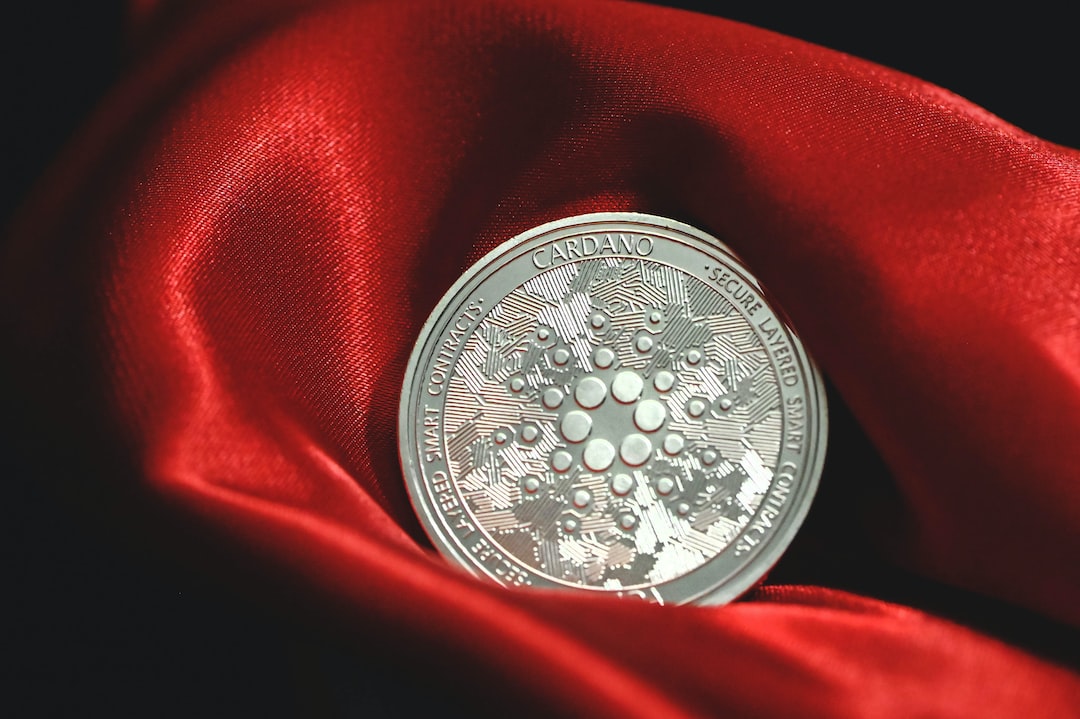
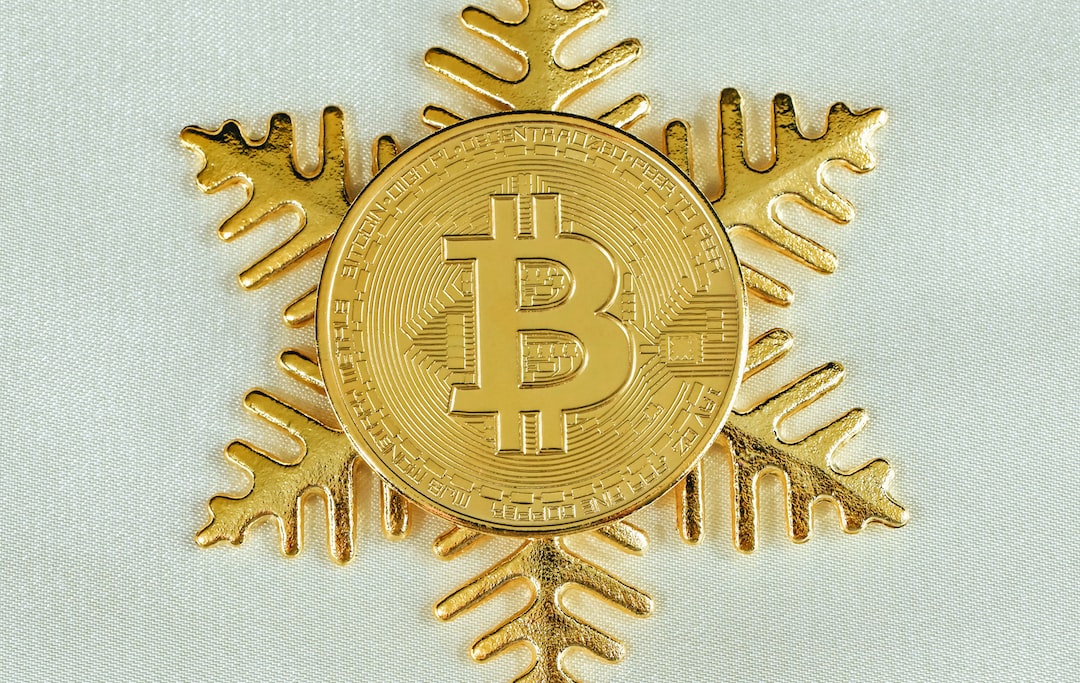
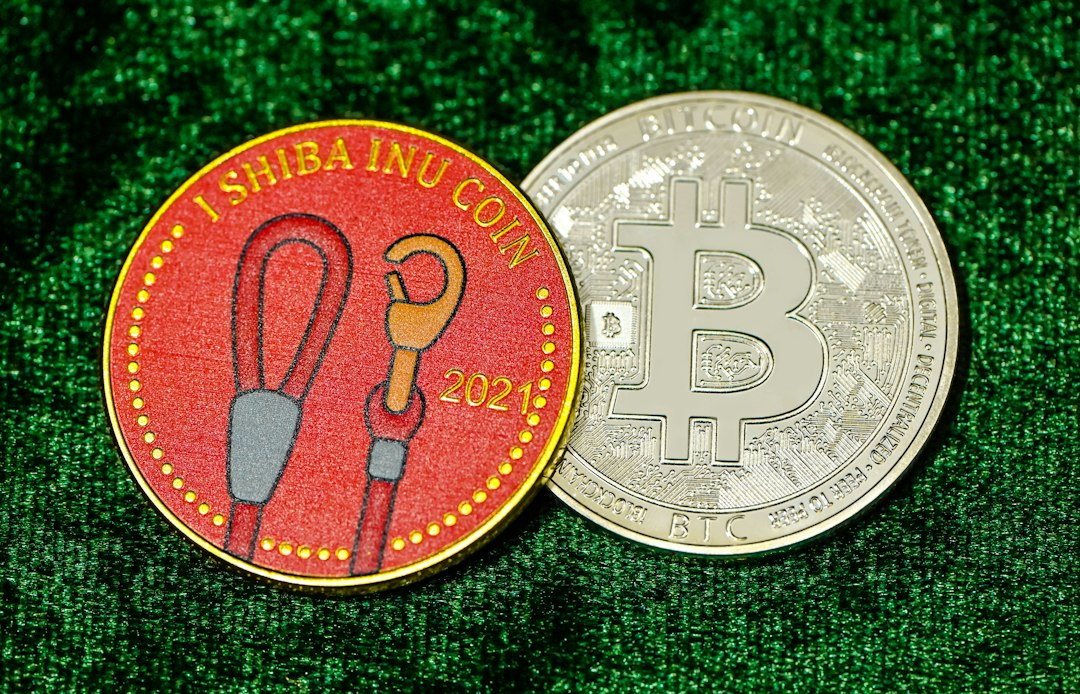

 By
By
 By
By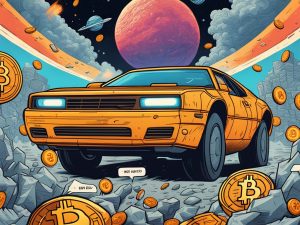
 By
By

 By
By